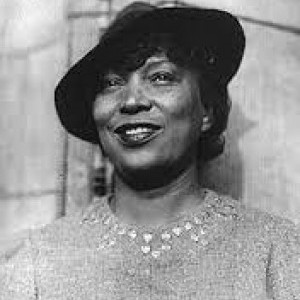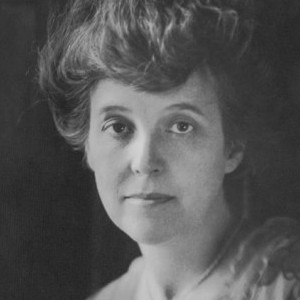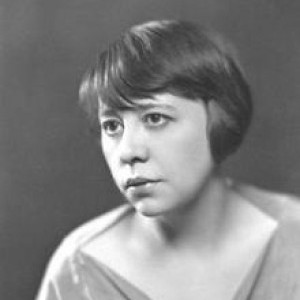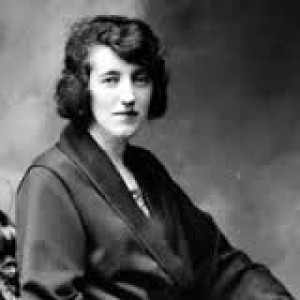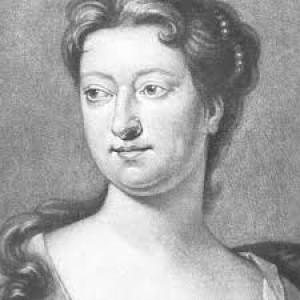Machinal
About the Play
1928
Opened at the Plymouth Theatre September 7, 1928 after a month’s rehearsal to critical acclaim, ran for 91 performances in New York. Directed and produced by Arthur Hopkins. Premiered in London in 1931 under the title The Life Machine. Machinal played in Russia at the Kamerny Theatre before touring the Russian provinces. Adapted for television in the U.S. in 1954.
7 women, 21 men
Drama,
8 Episodes
Open-source PDF of Machinal at: http://www.ciaranhinds.eu/pdf/machinal.pdf & http://www.openfist.org/attached%20documents%20(pdf)/OF-Play-MACHINAL.pdf
Summary
“A Young Woman,” Helen, is a stenographer for the George H. Jones Company. She is perpetually late, she feels stifled, she is the sole financial supporter of her nagging mother, and there is not enough space or air in her world. The gears of the industrialized early-twentieth century economy affect the organization of time and place in her life, and though young and innocent, she is at her breaking point. To escape her financial strains, she marries her employer, George H. Jones, who admires her for her beautiful and well-kept hands. She does not love Jones, and finds him repellent. Her relationship to motherhood is both resentful and traumatic, and it is not until taking a lover, a tall, dangerous, and well-traveled man who also expresses his own desires to access personal freedom, that she establishes her agency and sense of self. The trajectory of action leads to a courtroom scene in which the young woman is tried for her husband’s murder, and she is sentenced to death by electrocution. The electric chair ends the action as sinister deus ex machina.
Background
Sophie Treadwell’s 1928 expressionist drama Machinal is an exploration of boundaries and excess, of the ways in which the everyday is pushed into the realm of extraordinary and exceptional as “an ordinary woman, any woman” is influenced by social and psycho-emotional processes to violently murder her husband. Machinal is both loosely based on the widely-reported and sensationalized murder trial of Ruth Snyder and Judd Gray, which led to the first sentencing of a woman in America to execution via electric chair, and a feminist piece technically echoing and responding to Elmer Rice’s The Adding Machine. The soundscape of the play is distinctive, and rhythm is used to contrast mechanization and modernity with organic and embodied qualities of personal freedom and grace. The work is both fast-paced and cacophonous; dialogue between primary characters is discursively disrupted in shifting intervals.
In April-May of 1927, Treadwell sat in on the hearings of the Snyder-Gray trial, though not officially on the story as part of a newspaper assignment. The lovers Snyder and Gray bludgeoned Snyder’s husband, an art editor for a boating magazine, with a window sash weight after Ruth Snyder had herself unsuccessfully attempted to murder him seven previous times.
Machinal serves as a poetic and well-integrated examination of the effects of gender inequity and socioeconomic inequalities, a critique of capitalism, and an artistic synthesis of journalistic and dramatic genres. The play has proved enduringly popular with both commercial and university theaters. Major revivals include a Royal National Theatre production in London in 1993 and a Roundabout Theatre production on Broadway in 2013.
Barlow, Judith E., Rachel Crothers, Zona Gale, Susan Glaspell, Georgia Johnson, and Sophie Treadwell. Plays by American Women, 1900-1930. New York: Applause Theatre Book Publishers, 1985. Print.
Dickey, Jerry and Miriam Lopez-Rodriguez, eds. Broadway’s Bravest Woman: Selected Writings of Sophie Treadwell. Southern Illinois University Press, 2008.
Gassner, John. Twenty-five Best Plays of the Modern American Theatre: Early Series. New York: Crown Publishers, 1949. Print.
Heck-Rabi, Louise. “Sophie Treadwell: Subjects and Structures in 20th Century American Drama.” Diss. Wayne State University, 1976. ProQuest Dissertations and Theses. Web.
Ozieblo, Barbara and Jerry Dickey. Susan Glaspell and Sophie Treadwill. Routledge, 2008.
Strand, Ginger. “Treadwell’s Neologism: ‘Machinal’.” Theatre Journal 44.2 (1992): 163-175.
Weiss, Katherine. “Sophie Treadwell’s ‘Machinal’: Electrifying the Female Body.” South Atlantic Review 71.3 (2006): 4-14.
Wynn, Nancy. “Sophie Treadwell: The Career of a Twentieth-Century American Feminist Playwright.” Diss. The City University of New York, 1982. ProQuest Dissertations and Theses. Web.
Scenes from the Play
Machinal, Episode 2, "At Home"
… View Scene
Machinal, Episode 3, "Honeymoon"
(1 W, 1 M)
A young woman and her husband on their honeymoon in a hotel room. We see the total lack of real communication between the couple - the frozen… View Scene
Machinal, Episode 6, "Intimate"
(1 W, 1 M)
A young woman and man finding love. View Scene
Machinal, Episode 7, "Domestic"
(1 W, 1 M)
A young woman and her husband, after her affair. We see what totally different worlds they live in – and what’s on their minds. View Scene
Machinal, Excerpts from Episode 5, "Prohibited"
(1 W, 1 M)
We see the attraction and opening up of a young woman falling in love for the first time. View Scene
One Play at a Time Participating Universities
Susquehanna University
Loyola University, Chicago
Richmond The American University in London
Portland State University
UMass Lowell
University of Missouri
University of Connecticut
Bennington College
Sogang University
Carnegie Mellon University
The New School
Winthrop University
United Nations International School
Ohio State University
Purdue University
University of Vigo
University of Texas at Austin
Tulane University
University at Buffalo, SUNY
NYU
University of Tennessee at Chattanooga
College of Charleston
Washington and Lee University
North Central College
Fairfield University
University of New Haven
Bilkent University
Washington & Jefferson University
University of La Verne
Fairmont State University
Florida State University
Augustana College
Gettysburg College
Arcadia University
Elon University
Bradley University
University of Central Florida



